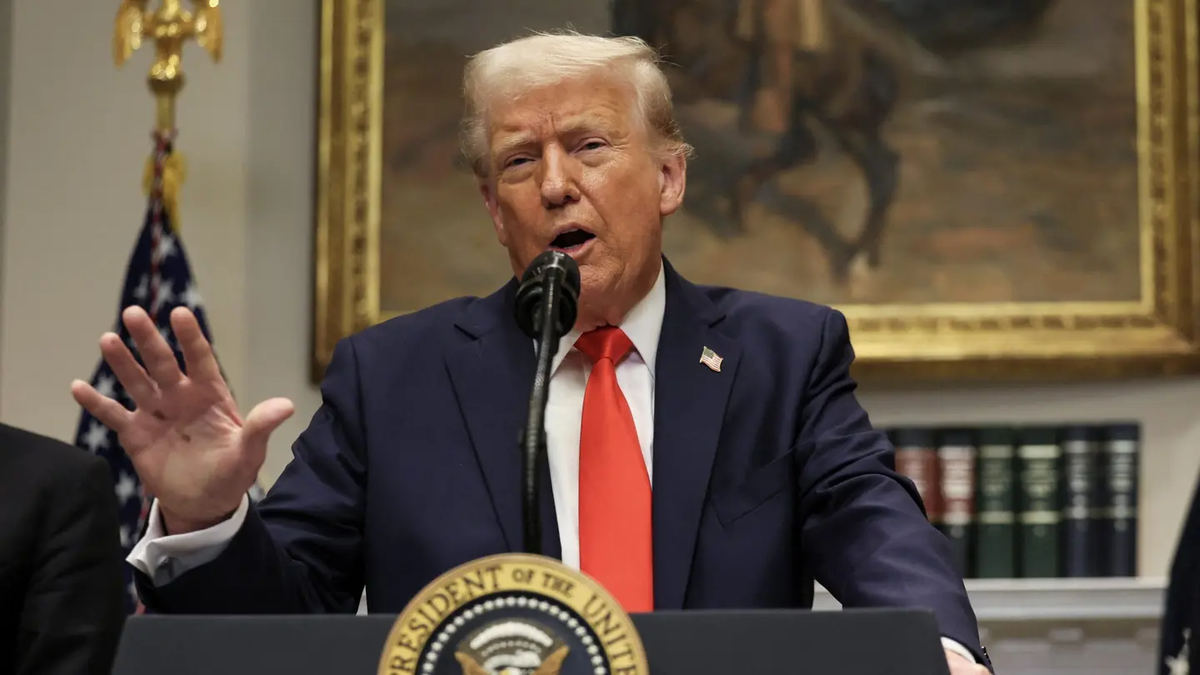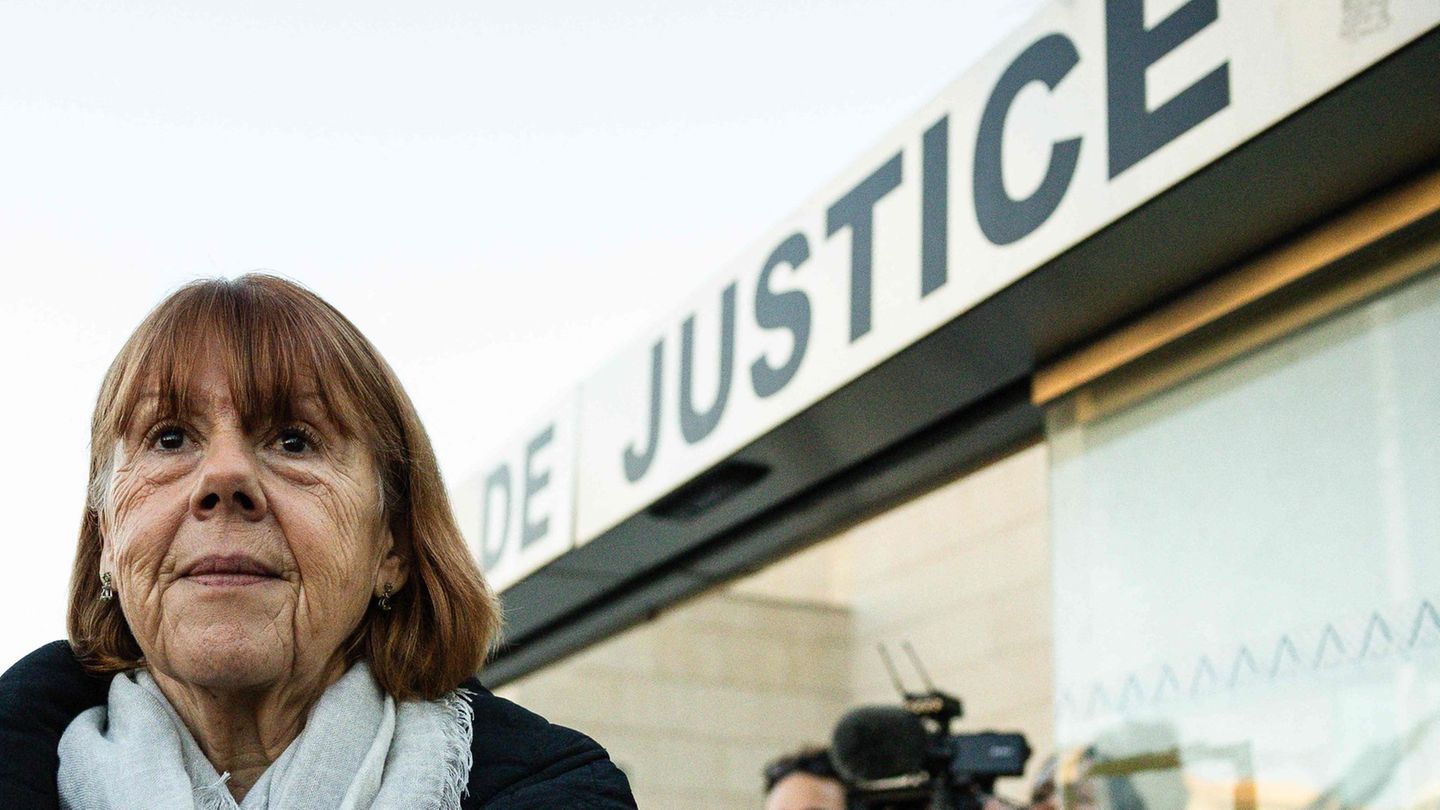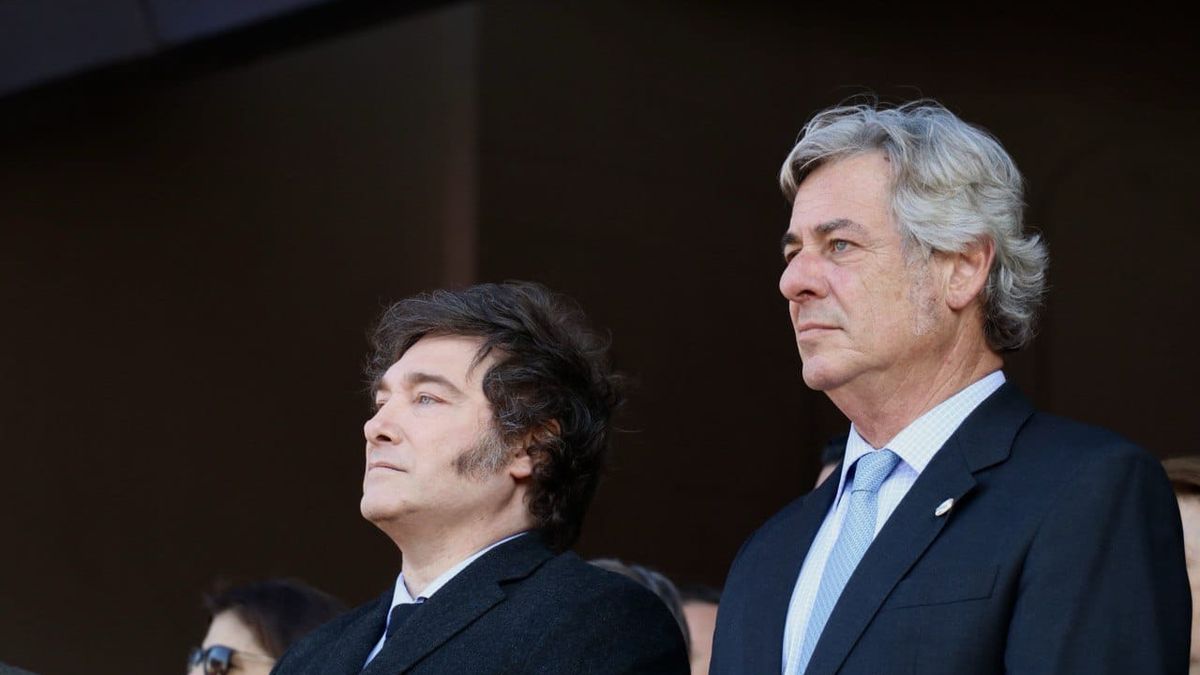He Liberal International Order (Oil) It is a global system that was forged after Second World Warmainly led by Western democracies, especially USA.This order seeks to promote international cooperation, peace, economic stability, and the promotion of human rights through principles, norms and a structure of international institutions.
But at present, the main challenge to this order comes from the same nation that was once its greatest defender: The United States of Donald Trump. Although China and Russia also represent a threat to the Oil, the position adopted by Trump constitutes a deeper threat and direct for the very basis of this international order.
The OIL is a global multilateral cooperation system that promotes values and Standards established in international institutions such as UN, WTO, IMF and NATO. Its objective is to facilitate cooperation between countries, resolve disputes peacefully and ensure free trade, human rights, and democracy. In economic terms, Oil advocates open markets, the integration of economies through international agreements, and the reduction of commercial barriers.
In addition, this system encourages the peaceful resolution of conflicts through diplomacy and dialogue, in addition to facilitating collaboration in global challenges such as climate change, terrorism or pandemics. However, The Oil was never a completely consistent structure and was always marked by the influence of Western democracies, mainly the United States.
Donald Trump’s geopolitics
Trump, throughout his mandate and on his return to politics, has represented a clear break with the principles of the oil. While figures such as China and Russia challenge the international system by seeking to change the rules in their favor, Trump has adopted a more radical posture: to question the legitimacy of the oil and withdraw from its fundamental structures.
Trump not only challenged the multilateralism that characterizes the Oil, but also adopted an explicit position of “America First” (United States first), in which the priorities of their country are placed above any international agreement. This translates into an explicit rejection of global institutions, such as UN, IMF and WTO, and a removal of multilateral agreements that it considers disadvantageous for the interests of the USA.
Compared to Russia and China, which seek to influence the international system strategically, Trump showed a more confrontational position, preferring bilateral agreements that guaranteed direct advantages for his country. Thus, while China and Russia try to obtain power within the system, Trump has directly challenged the rules of the Oil, demonstrating a clear distrust of multilateralism and favoring a unilateral approach in foreign policy.
From his return to the White House, Trump further intensified his criticism and challenge to multilateral organizations, particularly the UN, WTO and NATO. Under his leadership, the United States adopted insulation policies in key areas such as defense, trade and international regulations. Trump sought to reduce the influence of international institutions that form the oil spine, favoring a foreign policy that questions the validity of these agreements.
Besides, Trump stands as a populist leader whose approach is based on challenging the political elites and international agreements that he considers oppressive. This attitude was particularly evident in its rejection of globalization, a key principle of the Oil, and its insistence that the sovereignty of the United States must prevail on any commitment to international agreements.
Liberal International Order
The oil, as existed in its peak, is being increasingly questioned. The war in Ukraine, global commercial tensions and the isolation of the West on several fronts have demonstrated the fragility of this system. As countries such as Brazil, India and South Africa distance themselves from the western vision of the conflict in Ukraine, the idea of a “community of democracies” seems to crumble. The hypocrisy of Western reactions, as in the case of wars in Gaza and Ukraine, has also questioned the legitimacy of a system that preaches international cooperation but acts with double standard.
The international liberal order was never a unified and coherent structure. Although he was defended by the United States, his definition was never clear, and his implementation was marked by the rules created mainly by the West. In this context, the United States, under the administration of Trump, has become the greatest threat to an order that once helped to mold, openly challenging the institutions and principles that support the system.
Trump has revealed the cracks in the Oil, carrying out a more confrontational approach to global institutions and promoting a vision of “America First” that undermines the bases of multilateralism. While China and Russia try to redefine international order to adapt it to their interests, Trump has opted for a more destructive strategy, trying to dismantle the fundamental structures of the global cooperation system.
Ultimately, Trump’s vision on foreign policy and The role of the United States in the world reflects a fundamental distrust of liberal international order and a commitment to an isolateral and unilateral approach. This not only challenges the global balance, but also asked serious questions about the viability of the oil in the 21st century. The question that arises is whether there really is an international order today or if we are on the verge of a new global paradigm, much more fragmented and polarized.
Source: Ambito




